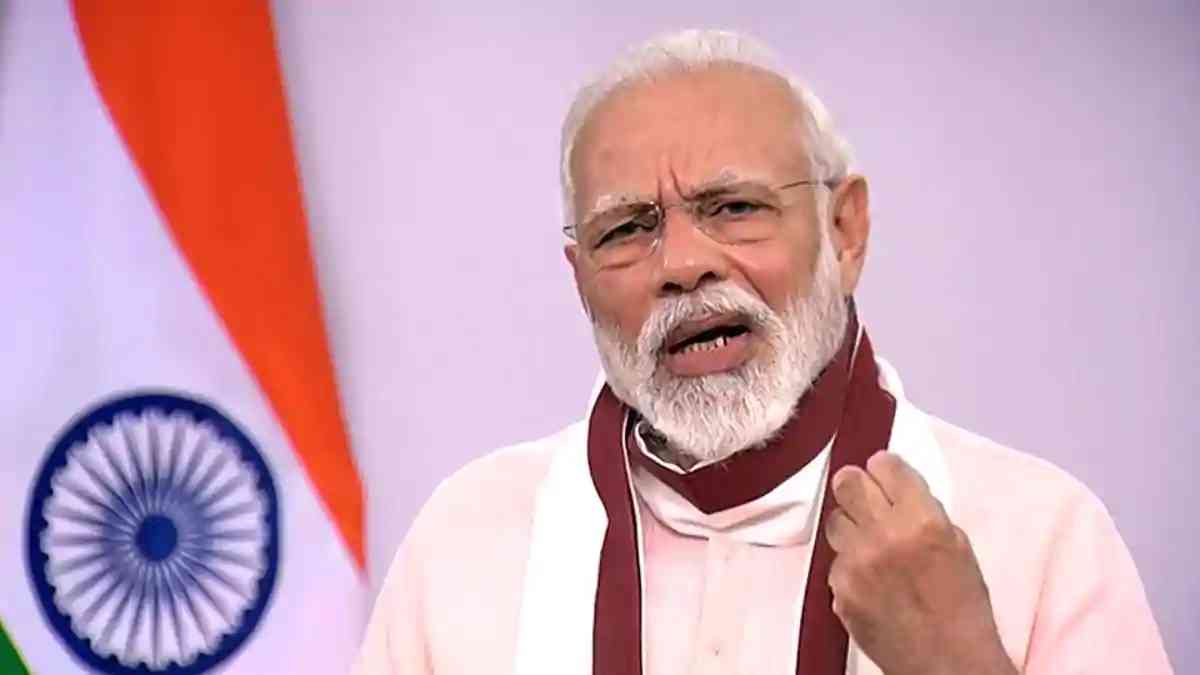The existing excellent relationship between Nigeria and India got a further boost when the Prime Minister of India, Narendra Modi paid a working visit to Nigeria recently.
The visit by the Indian prime minister was part of the issues discussed when President Bola Ahmed Tinubu visited New Delhi from September 5 to 10, 2023 for the G20 summit, which held in India.
The relationship between Nigeria and India has been an enduring one dating back to when India set up an office in 1958 in Nigeria prior to Independence. From that time to date, the relationship has been unbroken and marked over the years with mutually beneficial achievements across all fields of telecommunications, culture and education.
Both countries share a lot more in common. Both belong to the Commonwealth of Nations, an organisation of former British colonies. In their respective continents of Africa and Asia, Nigeria and India are the most populous countries and democracies.
- From Rapid Listings to Biometric Security: Why Plus Wallet is 2024’s Best Choice Over MetaMask & Exodus
- Reps probe DisCos over failure to replace obsolete metres
In the context of the relationship between the two countries, Mr. Modi’s visit could not have come at a more auspicious time. The last time an Indian prime minister visited Nigeria was 17 years ago, in 2007, when Dr. Manmohan Singh came on a state visit. Since that time, India has continued to achieve remarkable strides in economic development, which has taken it to the level of an emerging power in the world. In many areas of endeavour, India is now ranked among the world leaders and this trend is projected to grow over the coming years. India is now an influential member of both the BRICS (Brazil, Russia, India, China and South Africa) and the G20 countries.
The visit offered an opportunity for Nigeria to latch onto the growing economic power of India as well as the excellent relationship between the two countries to expand the scope of their existing mutually beneficial relations.
A glance at the current state of trade relations buttresses this position. Bilateral trade between them has been fluctuating over the years, which by all consideration is unsatisfactory. For instance, in 2022-2023, it stood at a total of 11.8 billion dollars while in 2023-2024 it plummeted to 7.89 billion dollars. In all, the bilateral trade volume between the two countries stands at around 20 billion dollars, which is not a good showing considering that both are huge economies respectively.
For Nigeria, which is India’s second largest trading partner in Africa, this is hardly encouraging. Considering that Nigeria is undergoing economic reforms and facing security challenges, this is the time to open new vistas of engagements with countries like India with which we have had a stable relationship over the years. The figures show that oil and gas constitute our main export to India, which reflects that we are far from optimally utilising the potential of our trade relations with such a vast and growing economy like India. In this regard, it does not present an encouraging picture that while there are over 200 Indian companies operating in Nigeria, there are few Nigerian companies doing business in India.
Accordingly, we note in the statement issued by the Ministry of Foreign Affairs on the visit that “Both sides affirmed the need to harness the potential of bilateral trade and towards this end, directed officials to enhance bilateral trade volumes through organising business delegations, exhibitions and interactions with business communities”. The statement also said that “Both sides agreed to encourage early conclusion of three pending bilateral agreements: Economic Cooperation Agreement (ECA), Double Taxation Avoidance Agreement (DTAA) and Bilateral Investment Treaty (BIT) to encourage further investments”.
An area in which India had played a great role in its relationship with Nigeria is defence, which includes weapons procurement, training of personnel and other technical assistance programmes. We note with satisfaction that India had helped to train many Nigerian military personnel from the first generation of officers to date. India had also been involved in setting up Nigerian military institutions, which have turned out officers who had gone to distinguish themselves in their military careers.
As Nigeria is now grappling with insecurity manifesting in many forms, it is reassuring that this factor was one of the main issues that featured in the course of Modi’s visit and for which India had pledged to assist Nigeria. We note in particular, as indicated in the statement issued by the Ministry of Foreign Affairs on the visit, that both sides were satisfied with the growing ambit of defence cooperation and confirmed their full support for its further intensification. They also agreed to expand the scope of this cooperation in specialised training and collaboration between specialised agencies and specialised training by the Indian Army to the Nigerian Army in the area of counter terrorism.
Daily Trust believes that the convivial atmosphere of Prime Minister Modi’s visit where he was awarded the Grand Commander of the Order of the Niger (GCON), which is Nigeria’s second highest national award sets the tone for further strengthening of relations between the two countries. We urge President Tinubu to leverage on the enduring excellent relationship with India to advance Nigeria’s quest for economic development under his ongoing economic reforms.

 Join Daily Trust WhatsApp Community For Quick Access To News and Happenings Around You.
Join Daily Trust WhatsApp Community For Quick Access To News and Happenings Around You.

